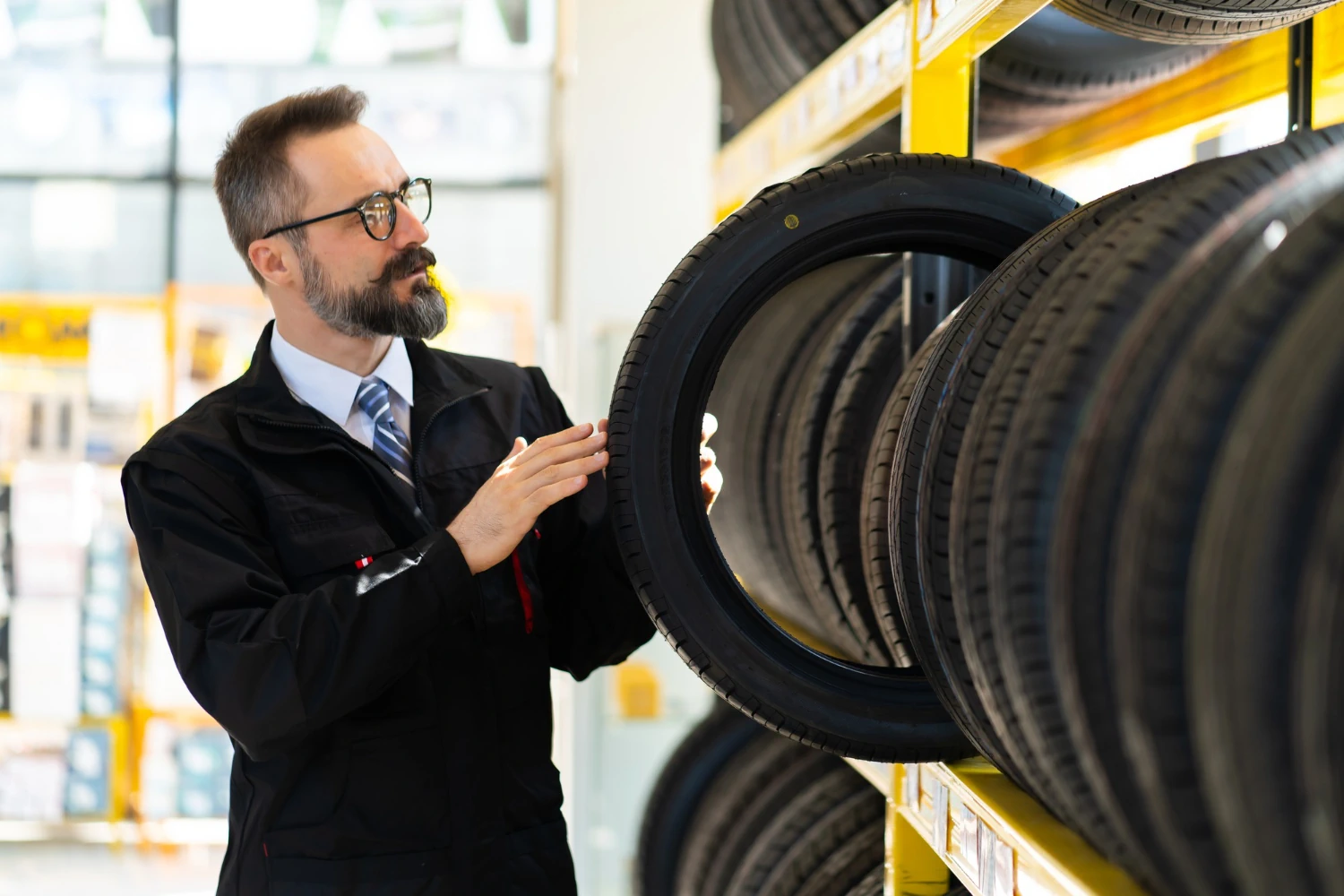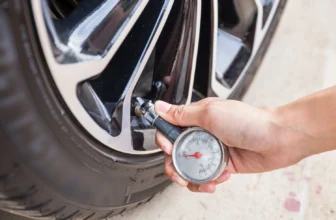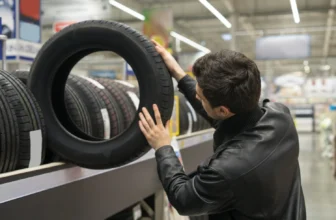
Introduction: Tyre Warranties in Pakistan – Fact or Fiction?
If you’ve ever bought tyres in Pakistan, you’ve likely heard lines like “This comes with a 1-year warranty” or “Imported piece, but same warranty as local.” But when you actually face a manufacturing defect, the process becomes vague—or worse, completely invalid. Tyre warranties in Pakistan are often misunderstood, misrepresented, or fabricated by dealers. In this guide, we break down what tyre warranties really mean, which brands offer them, how to verify authenticity, and what to do if you need to file a claim.
What Does a Tyre Warranty Actually Cover?
A tyre warranty typically covers manufacturing defects, not damage caused by external factors like punctures, cuts, misuse, or improper inflation. Manufacturers generally offer two types of warranties:
- Workmanship & Material Warranty: Covers issues like sidewall bulges, tread separation, or uniformity defects that result from the production process.
- Treadwear Warranty (Limited): Some brands offer mileage-based coverage (e.g., 50,000 km), but this is rare in Pakistan and mostly available in global markets.
In Pakistan, the first type—workmanship warranty—is what most dealers reference, though few explain its actual scope.
Which Brands Offer Genuine Warranty in Pakistan?
Not every tyre sold in Pakistan is eligible for manufacturer-backed warranty. The table below lists commonly sold brands and their official warranty status in Pakistan:
| Tyre Brand | Warranty Available? | Backed By | Common Duration |
|---|---|---|---|
| Michelin | Yes | Authorized importer / distributor | 1 year |
| Bridgestone | Yes | Official dealers | 1 year |
| Yokohama | Conditional | Only for Thailand/Japan stock via approved vendors | 6–12 months |
| Dunlop | Yes (limited) | Through official retail chains | 6 months – 1 year |
| General Tyre (GTR) | Yes | Manufacturer direct | Up to 5 years (on some models) |
| Chinese / unbranded imports | No | Dealer-only claims (if any) | None or verbal |
How to Check If Your Warranty Is Real
Many buyers assume that a stamped bill or verbal promise equals warranty—but real tyre warranties require proper documentation and verification.
Checklist to confirm genuine warranty:
- Stamped Invoice: Dealer’s official stamp with tyre brand and serial number
- Warranty Card: Provided by authorized dealer or distributor (not just handwritten slip)
- Tyre Serial Number: Each tyre must have a DOT code or unique batch number for claims
- Brand Website Verification: Some brands allow warranty lookup via serial number
If your dealer refuses to provide a proper warranty card or claims “we handle everything ourselves,” chances are you’re not covered under the official process.
Common Myths and Red Flags
Tyre sellers often use vague language that sounds reassuring but means nothing legally. Here are some red flags:
- “This has company warranty, but we don’t need to give a card.”
- “Imported tyre, same warranty as local.”
- “Warranty only applies if the tyre fails within 7 days.”
- “This brand never has issues, so no need for paper.”
These phrases signal that you’re not getting official support and should either demand proper documents or walk away.
How to Claim Tyre Warranty in Pakistan
If your tyre shows signs of defect—like bubbling, delamination, or uneven wear despite proper alignment—you can file a claim, provided you have valid documentation.
Steps to follow:
- Visit the same dealer or service center where you purchased the tyre
- Provide your original invoice and warranty card
- Let the dealer inspect and photograph the tyre
- The case is then forwarded to the distributor or brand rep for approval
- If approved, you may get a free replacement or partial credit based on usage
Claims usually take 7–15 working days for a decision. In rare cases, the brand’s technical team may request the damaged tyre for lab inspection.
Is Online Tyre Purchase Covered by Warranty?
It depends entirely on where you buy. Websites like TyrePoint.pk and other authorized platforms clearly list whether a tyre includes warranty. If you buy from OLX or informal shops with “import stock,” don’t expect genuine warranty support—even if the tyre is brand-name.
Always ask for the invoice, confirm manufacturing date (DOT code), and check if the seller is listed as an official partner on the brand’s regional website.
Final Advice: Don’t Buy a Warranty-less Tyre
In today’s market, a tyre without warranty is a gamble—especially when you’re paying Rs. 15,000 or more per piece. Even if the tyre looks new, defects can show after just a few hundred kilometers. Always buy from verified dealers, ask for printed warranty cards, and keep your invoice safe. In a market where myths outnumber facts, protecting yourself is your responsibility.





